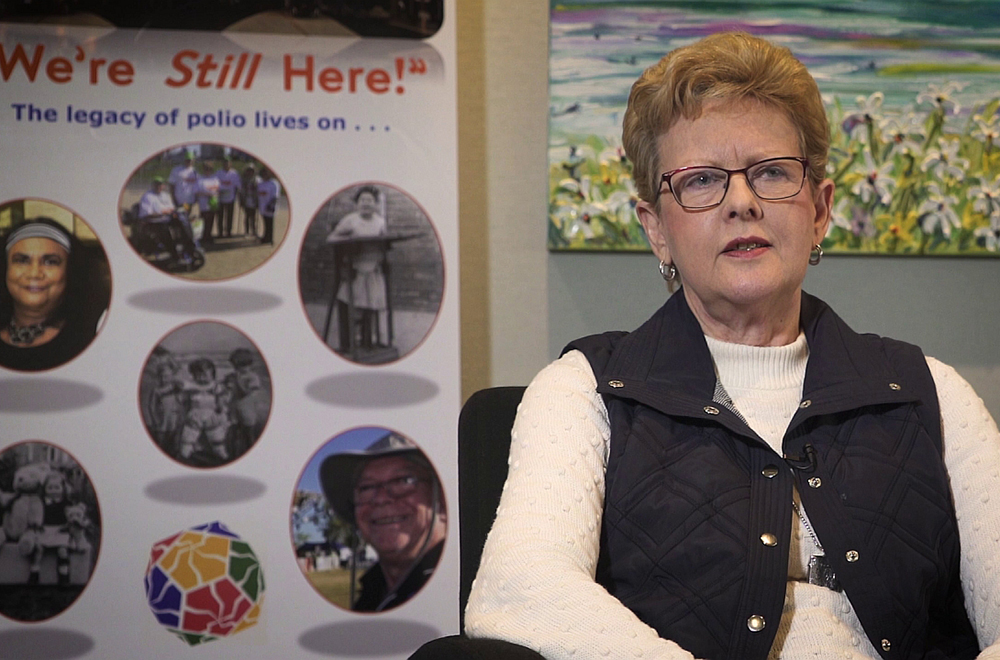“Raising awareness for late effects of polio” – Freedom2Live
Below is a copy of the article originally posted on the Freedom2Live website, written by Kymberly Martin.
Poor diagnosis and lack of funding for people living with the late effects of polio (LEoP) has been raised by Australian Rehabilitation and Assistive Technology Association president Dr Natasha Layton.
“People who have lived with polio for much of their lives are getting secondary complications with symptoms and problems not recognised earlier that tend to occur later in life,” Layton told F2L, “and equipment needs are well beyond what you would expect from someone ageing normally.”
“Often people have respiratory problems and this can have implications during surgery. For physiotherapists it is important to note that while it is necessary to keep active, any excessive exercise can leave those with PPS at risk of wearing themselves out instead of getting fitter.

“The NDIS offers much more assistance with devices compared to what aged care is providing and it is critical these concerns are addressed.”
According to Layton the equipment needs of people ageing with disability are significantly higher than those ageing into disability. “People living with progressive neurological conditions such as polio, amputations, stroke or spinal cord injuries have similar needs whether they are 64 or 66 years of age, yet receive very different support depending on whether they are in the NDIS or relying on the aged care sector.”
To increase LEoP awareness among health professionals the Federal Government is funding clinical practice workshops nationally in capital cities and major regional areas. A campaign is underway with COTA to look at whether a national equipment program would better meet the needs of people ageing with disability.
Read the original article here




